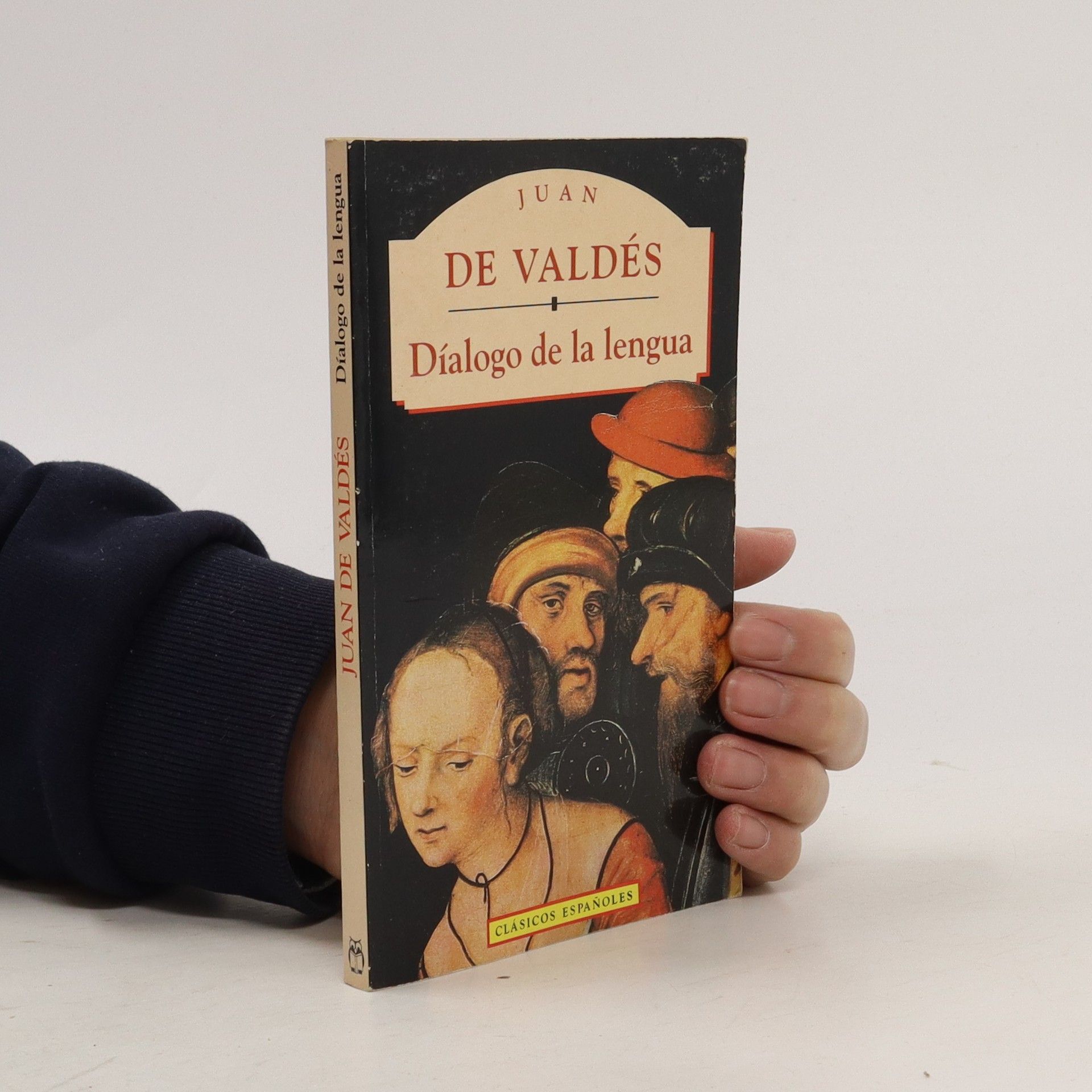Díalogo de la lengua
- 156 pages
- 6 hours of reading
Librarian's Note: this is an alternate cover edition - ISBN 10: 8437603315 Aunque el Diálogo de la lengua sea la única obra no religiosa de Juan de Valdés, no constituye un paréntesis profano dentro de su quehacer evangelizador, ya que en el contexto en que se escribe, la época de la Reforma, el problema de la lengua está fuertemente vinculado al religioso. Las Escrituras se sienten como palabra de Dios viva que hay que conocer directamente, traduciéndola o interpretándola. Por otro lado, es una obra muy característica del humanismo, tanto por su forma de diálogo como por su asunto específico, la lengua vulgar, que ya toma plena conciencia de su importancia y personalidad propia, independiente del latín. El presente volumen está a cargo de Cristina Barbolani, que realizó la primera edición crítica del Diálogo de la lengua.
